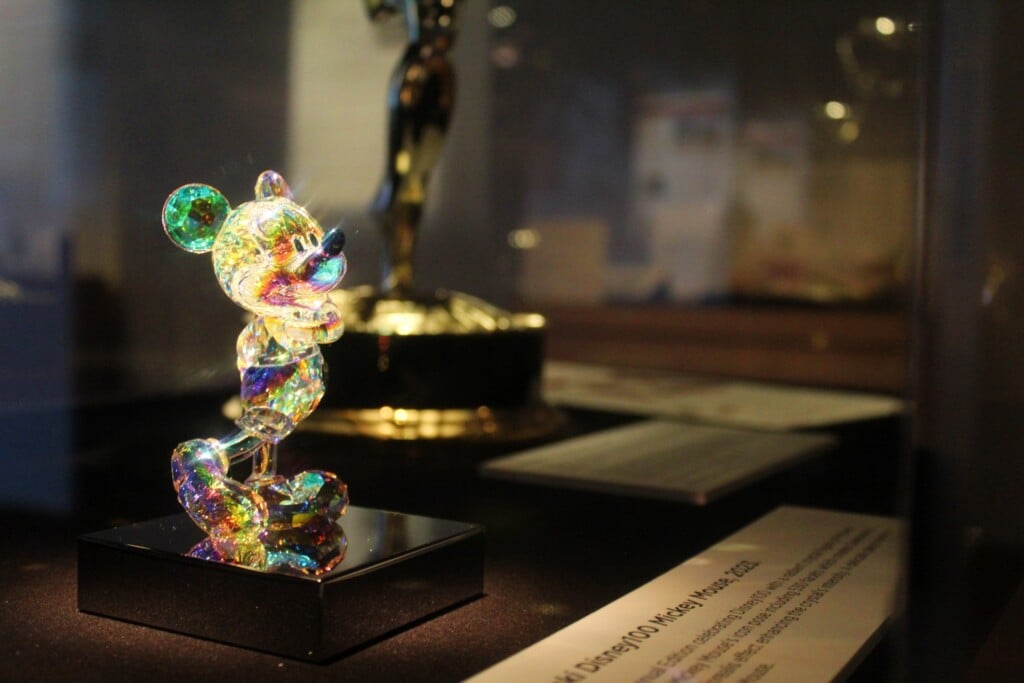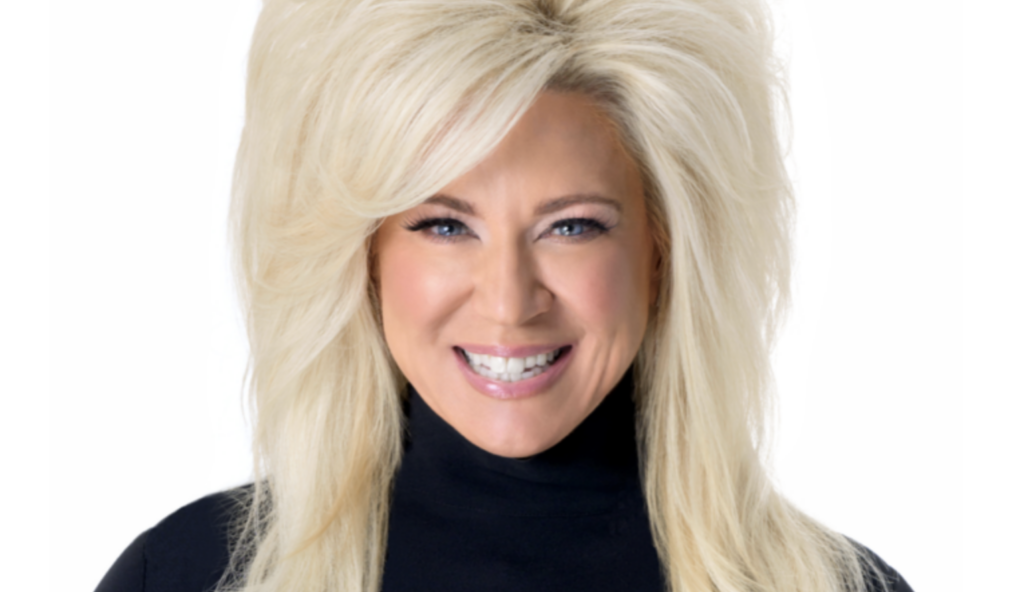Spin Controlled
Playwright Rebecca Gilman is a lightning rod. She traffics in themes that vibrate with urgency and get people talking. Boy Gets Girl, for example, follows a casual fling’s disintegration into a stalking situation, and The Glory of Living features a teen bride who procures underage girls for her husband’s sexual pleasure — before she kills them.
Spinning Into Butter has several ingredients that, on paper, make it a thrill to read. Gilman’s word choices are often amazing; here, in unflinching language, is political correctness stripped of its manners. The play is abrasive yet subtle, like the party guest who seduces the room and then holds it hostage.
The Unicorn Theatre’s production of Spinning Into Butter, though, succeeds only in places. Like Atif Rome’s one-dimensional set and Jeffrey Cady’s motionless lighting design, what needs to be crisp and vibrant often feels limp and static. The exceptions are the electric scenes belonging to Cheryl Weaver and newcomer David Ruis.
Weaver plays Dean Sarah Daniels, the Caucasian liaison to minority students at a private liberal arts college in Vermont. Ruis is Patrick Chibas, a Nuyorican student who feels like a sideshow freak at a pep rally for the privileged. Their story — Daniels’ attempting to get Chibas a $12,000 scholarship if only he’ll categorize himself as a more-recognizable minority — jells immediately. It reveals Daniels as well-meaning but also, as reflected in Chibas’ image, foolishly hypocritical. If this were the whole play, it would be extraordinary.
But there’s a striking listlessness to the rest of the story: the tale of an African-American student (never seen, only talked about) who is apparently getting racist notes taped to his door. Daniels summons her colleagues — Professor Collins (Phil Fiorini) and deans Strauss and Kenney (Robert Gibby Brand and Peggy Friesen) — to decide how to handle the situation. The effort is something they feel they have to do; as Dean Kenney says in one of the play’s more dangerous lines, the suspicious notes have caused them to have “this goddamn dialogue.”
The writing has gravity, and the actors are fine (except Bruce Rogers, who is awful in a sizable role as a campus cop), but the scenes have no edge. Audiences should be shocked by the ludicrous narcissism of these well-to-do academics; they’re saying things that can destroy them. But director Sidonie Garrett seems to have taken lessons from a Noel Coward drawing-room comedy, diluting the calories in the text.
Toward the end, though, the production is revived by a monologue in which Daniels talks honestly about her experiences with blacks. She confesses, for example, that her last choice for a subway seat would be the one next to a black man. Some viewers might think that’s terribly racist, while others might see her as a woman making choices. But as you watch her pull at her conscience like taffy — she clarifies that her feelings aren’t, of course, about all blacks, and then digs herself a deeper hole — you are astonished at the pungency of the writing and how beautifully Weaver delivers it. It’s a marvelous scene in a show that should have had so many more.




